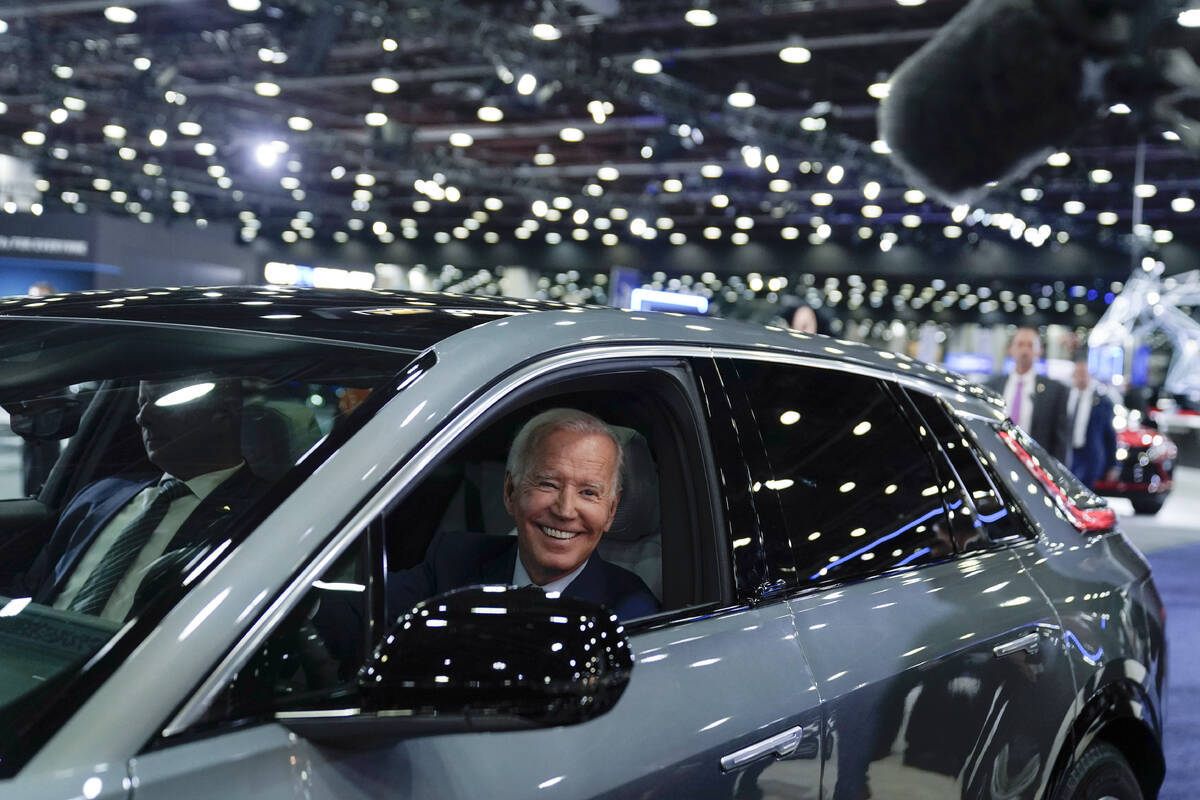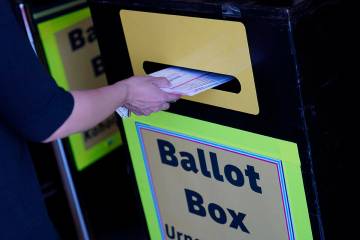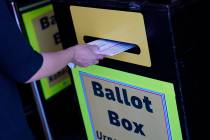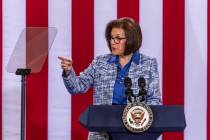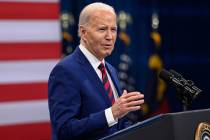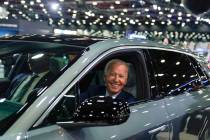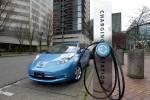VICTOR JOECKS: King Biden comes for gas cars
The American system of government is broken. Look at the royal power President Joe Biden just exercised.
On Wednesday, the Biden administration, through the EPA, issued new regulations on vehicle emissions. In practical terms, around two-thirds of new cars must be electric or hybrid by 2032. The EPA believes the “most likely” result of the requirement will be that a majority of new vehicles sold will be all-electric in 2032. Traditional, gas-powered vehicles will make up less than 30 percent of new car sales.
This would be a major change. In the fourth quarter of last year, fully electric vehicles accounted for just 8.1 percent of sales. If you include hybrids, the number was 17.7 percent in the third quarter. The number of EV sales has increased in recent years. In 2014, there were a bit under 120,000 EVs sold in the U.S. In 2023, it was around 1.6 million.
This dramatic growth didn’t happen in a vacuum. Democrats have spent years tilting the playing field to EVs. There are federal tax credits worth up to $7,500 available for EV buyers. Biden pushed through $7.5 billion to build EV charging stations.
It goes beyond that, however. Even before this rule, the EPA required car companies to meet tailpipe emissions standards. Functionally, it required car companies to produce a fleet of cars with a certain miles per gallon fuel economy. Companies that didn’t meet these requirements had to purchase regulatory credits to make up the difference. Regulatory credits offer nothing of value. They’re essentially government-mandated permission slips that car companies need to turn in.
Since 2009, other car companies have paid Tesla $9 billion to buy its extra regulatory credits. These regulations benefit Tesla because it only makes EVs. Some credits went to satisfying requirements outside the U.S.
This didn’t just enrich Tesla. These regulations pushed car companies towards EVs — even when consumers didn’t want them. This scheme added a hidden cost to gasoline-powered vehicles. It also influenced what cars would even be available. Car companies knew these requirements probably would only increase with time. It’s one reason why they’ve invested heavily in EV technology, though it doesn’t make financial sense.
In the third quarter of last year, Ford lost around $36,000 on every EV it sold. In total. Ford lost $4.7 billion on EVs last year. Car companies weren’t anticipating consumer demand, but regulatory requirements.
Customers, however, aren’t buying. Last November, CNBC reported, “EV sales have slowed.” Dealerships reported that EVs weren’t moving. Companies, including Tesla, lowered prices to try to increase demand. Ford announced it was scaling back its EV investment.
It’s easy to see why consumers are hesitant. For one, charging a vehicle can take a few minutes or a many hours depending on a variety of factors. Finding an available charger on a road trip is a level of hassle and stress that’s hard to plan around.
Biden’s move to institute an artificial limit on gas-powered cars is a terrible idea. But take a step back. How this happened should be even more concerning. The Constitution gives Congress, not the president, the ability to make laws. Set aside another concerning fact, that the Founders didn’t give the federal government this much authority.
A de facto EV mandate came from the president. The executive branch is supposed to execute the laws, not make them. Giving the president the ability to make sweeping new laws, under the guise of regulations, makes a mockery of the separation of powers and destroys the constitutional order.
Put another way: Biden’s royal dictate banning many gas-powered cars would make King George blush.
Contact Victor Joecks at vjoecks@reviewjournal.com or 702-383-4698. Follow @victorjoecks on X.



